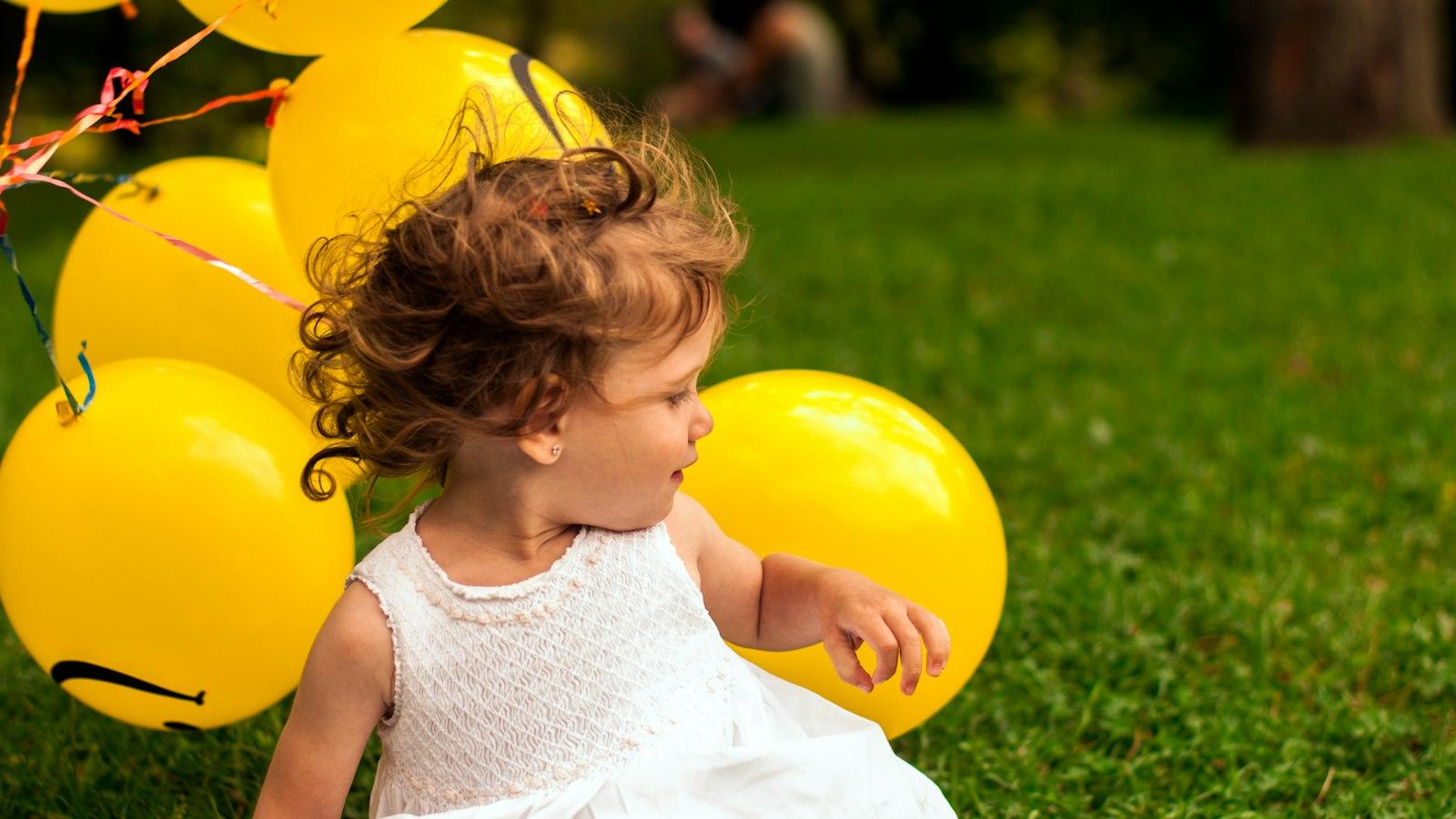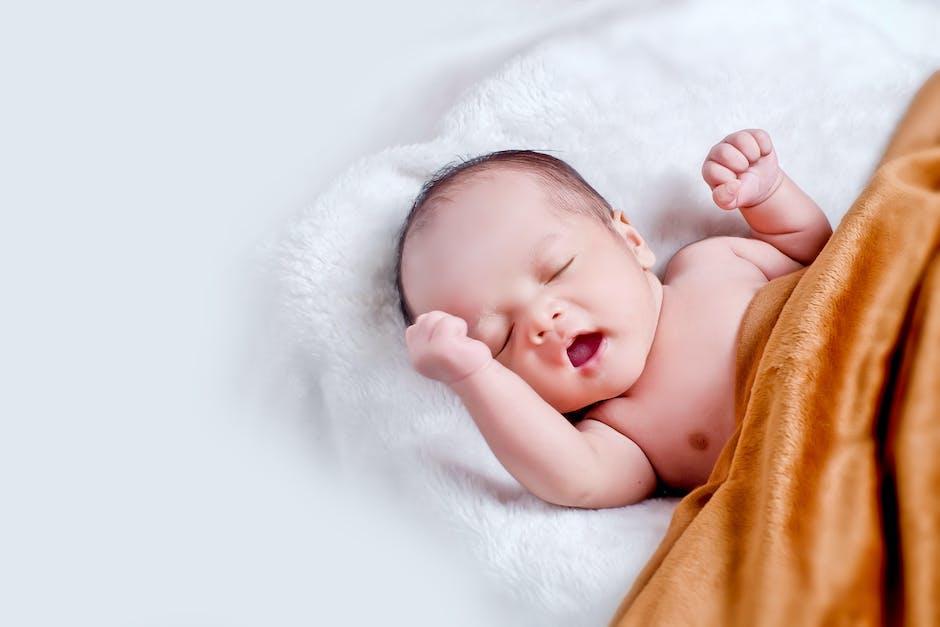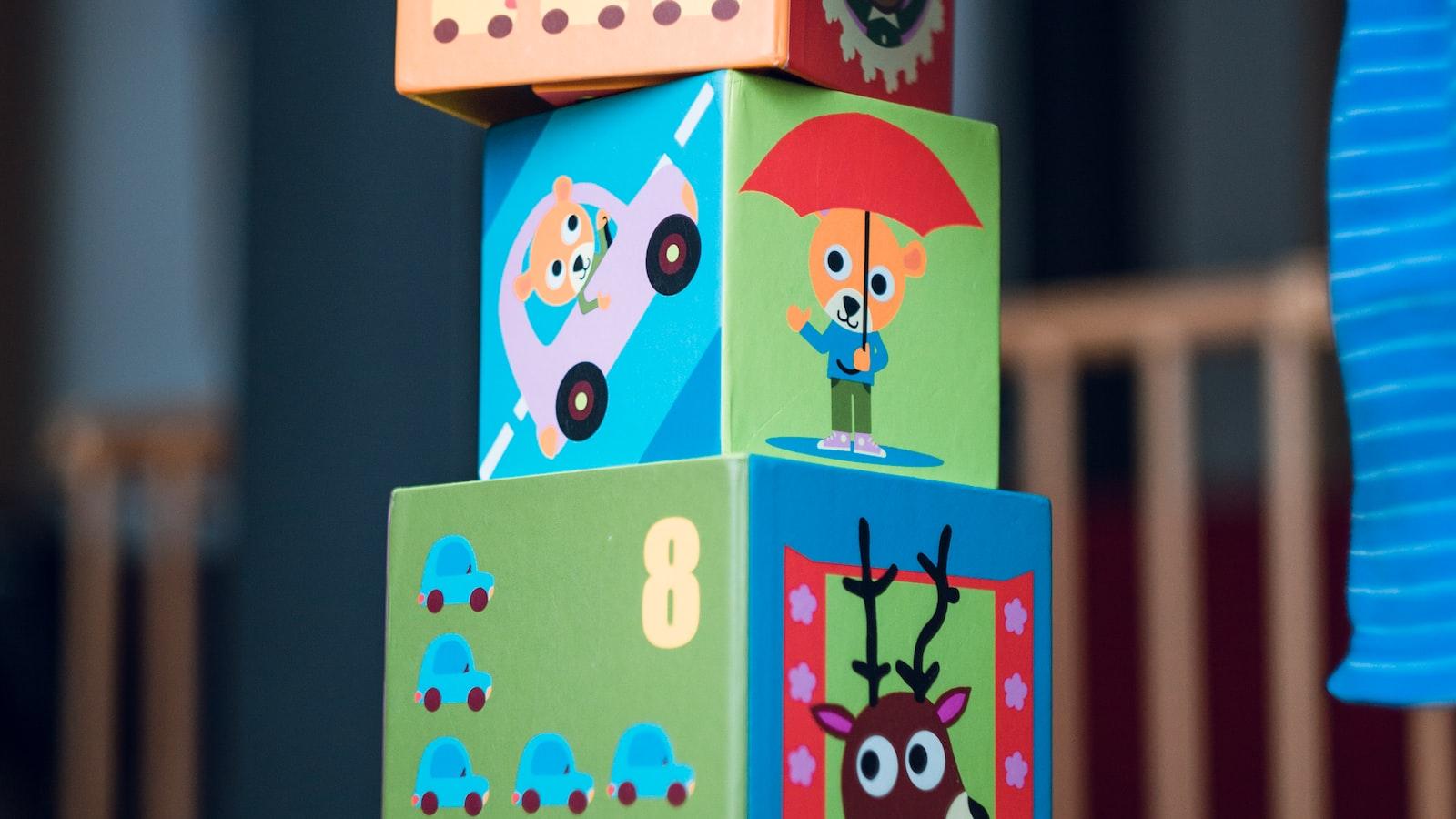Babies are curious little creatures, and they often display behaviors that adults don’t understand. One such behavior is head shaking, where a baby shakes their head back and forth rapidly. While it may look like the baby is trying to say “no,” there are actually several possible explanations for this behavior. In this article, we’ll explore why babies shake their heads and what it might mean.Babies often shake their heads in response to a variety of stimuli. This behavior is typically seen in newborns and infants and is usually caused by a reflex or an overstimulation of the senses. The reflex head shaking could be a result of the Moro reflex, which is an infant’s automatic response to a sudden change in its environment such as a loud noise or sudden movement. Overstimulation can also cause the baby to shake its head due to sensory overload. This could occur from being around too many people, bright lights, or loud noises.
Tremor
Tremor is one of the most common types of head shaking in babies. This type of shaking is usually caused by an involuntary, rhythmic movement of the baby’s head. It typically occurs when the baby is in a relaxed state and can be seen when they are sleeping, feeding or even just lying in their crib. Some babies may also shake their heads when they are excited or stimulated by something new or interesting. If the tremor persists and becomes more pronounced, it could be a sign of an underlying medical condition that needs to be addressed.
Startle Reflex
Startle reflex is another type of head shaking seen in babies. This type of shaking can occur when a baby is startled by a loud noise or sudden movement. The startle reflex usually takes the form of a jerking motion, which may make the baby’s head shake briefly before they settle back down again. Startle reflexes are normal and should not cause any concern unless they become more frequent or pronounced.
Tic
Tics are another type of head shaking that may occur in babies and young children. Tics can take many forms, such as eye blinking, facial twitching or head shaking, and typically last only for a few seconds before disappearing again. Most tics do not cause any harm and will usually go away on their own, but if they become persistent or severe it could be an indication of an underlying medical condition that needs to be addressed.
Intentional Shaking
Intentional shaking is another type of head shaking seen in babies and should be avoided at all costs. Intentional shaking involves forcefully jerking the baby’s head back and forth in order to stop them from crying or fussing. This type of behavior can cause serious injury to the baby and should never be done under any circumstances.
Does Head Shaking in Babies Mean Anything?
Head shaking in babies can mean a few different things. It could be a sign of discomfort, such as when a baby is feeling cold or too hot. It could also be a sign of hunger or discomfort from teething. It can also be just a way for the baby to express their emotions, such as happiness, excitement, or frustration.
Head shaking can also be an indication of neurological issues like epilepsy or muscular diseases like cerebral palsy. If your baby is shaking their head more often than normal and it’s causing them distress, you should consult your pediatrician. They’ll conduct a physical examination to determine if any further tests are necessary.
If your baby is simply shaking their head out of curiosity or for fun, then there’s nothing to worry about. However, if the head shaking becomes violent and frequent, it could be a sign that something else is going on and you should take your baby to the doctor.
Head shaking can also be due to ear infections, which can cause pain and irritation in infants. If your baby has been frequently shaking their head and has other symptoms such as fussiness when lying down or tugging at their ears, they may have an infection that needs to be treated with antibiotics.
It’s important to note that head shaking is normal behavior for babies and doesn’t necessarily mean anything sinister is happening. However, if you’re concerned about any unusual behavior from your child, it’s always best to consult with your pediatrician for advice on how to proceed.
Is Head Shaking in Babies Normal?
Head shaking in babies is a common phenomenon that is usually not a cause for concern. It is a normal part of the development process, and can occur at any age. In many cases, it simply indicates that the baby is trying to learn how to control their head movement. As they grow and develop, they will eventually be able to control their head movements better.
Head shaking can also be a sign of excitement or frustration. For example, if a baby shakes their head when they’re happy or excited about something, it’s likely just an expression of joy. It can also be an indication of frustration if the baby feels like something isn’t going their way. If this happens, it’s important to try to figure out what’s causing the frustration and address it appropriately.
In some cases, head shaking may be caused by medical conditions such as reflux or ear infections. If your baby has been shaking their head for an extended period of time or if you’re concerned about their behavior, it’s best to talk to your pediatrician about possible causes and treatments. This is especially true if your baby seems uncomfortable or in pain when they shake their head.
Overall, head shaking in babies is typically normal and not cause for alarm. However, it’s important to keep an eye on your baby’s behavior and make sure that any potential medical issues are addressed appropriately with the help of your pediatrician.
Could Head Shaking in Babies Be a Sign of Something Serious?
Head shaking in babies can be a sign of something serious, especially if it is done frequently or for an extended period of time. It can be caused by a variety of medical issues, such as seizures, infections, and neurological disorders. Infants may shake their heads in response to pain or discomfort, or they may do it for no apparent reason. Parents should talk to their pediatrician if they notice their baby shaking their head excessively or for an extended period of time.
In some cases, head shaking in babies may be caused by a medical condition known as benign paroxysmal torticollis (BPT). BPT causes the baby’s head to move involuntarily from side to side. It is usually seen in infants and toddlers under the age of two years old and is more common in boys than girls. BPT usually resolves itself without treatment within six months but can sometimes require physical therapy or medications to treat the underlying cause.
Head shaking can also be a symptom of infantile spasms, which are sudden jerking movements that usually occur during sleep or when a baby is startled. Infantile spasms can be caused by metabolic disorders, genetic abnormalities, brain injury, or infections. They should be diagnosed and treated promptly as they can lead to long-term developmental delays if left untreated.
In rare cases, head shaking could also indicate an underlying neurological disorder such as cerebral palsy or epilepsy. If your baby is having frequent seizures or showing other signs of neurological problems such as difficulty speaking or walking, you should speak with your pediatrician right away as these conditions need to be treated promptly in order to minimize any long-term effects on your child’s development.
Head shaking in babies can sometimes simply be due to teething pain or colic but parents should always consult with their pediatrician if it persists for more than a few days. While it is not always a sign of something serious, it is best to rule out any potential medical issues so that treatment can begin quickly if necessary.
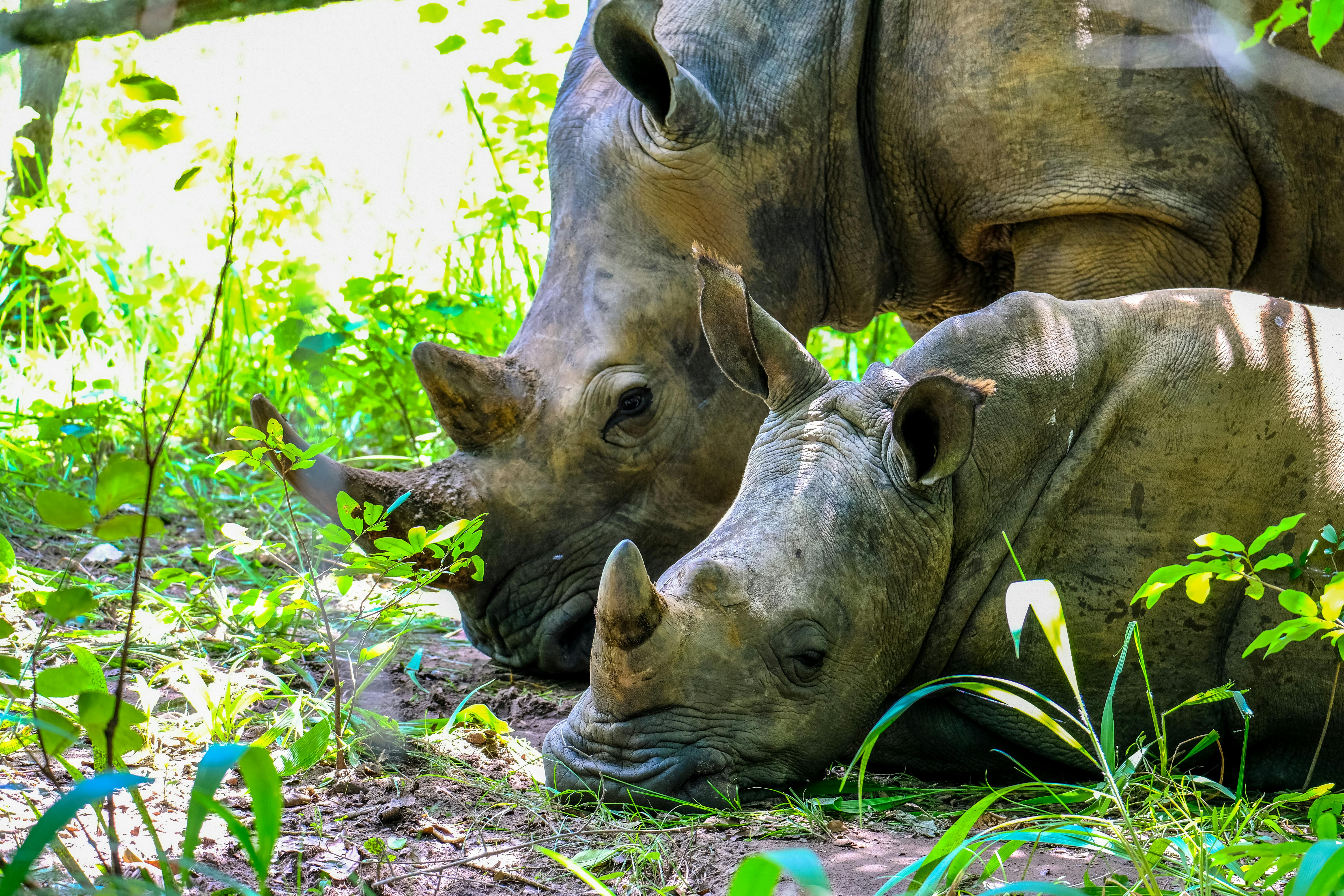
Shaking Head
When a baby is shaking their head, it can be concerning for parents. There are a few things that can be done to help the baby and ensure they are comfortable. First, it’s important to assess what is causing the behavior. It could be an indication of a medical problem or could simply be a response to an external stimulus. If the baby is shaking their head due to an underlying medical issue, it’s important to seek medical attention.
Observe for Other Symptoms
It’s also important to observe for any other symptoms that might accompany the shaking. This could include crying, fever, vomiting, or any other unusual behavior. If these symptoms are present, it’s important to consult with a doctor as soon as possible.
Check Environment
Parents should also take time to check the environment in which their baby is situated. Are there any loud noises or bright lights that may be causing distress? Is the room too hot or too cold? If so, make adjustments as needed in order to create a comfortable environment for the baby.
Reduce Stress
It may also help to reduce stress levels overall by providing plenty of cuddles and reassurance when needed. Make sure that the baby has access to plenty of rest and quiet time throughout the day in order to reduce stress levels and promote healthy development.
Seek Medical Attention
If all else fails and the baby continues shaking their head despite all efforts made by parents, it’s important to seek medical attention right away in order to rule out any underlying medical problems or concerns.
Home Remedies for Baby’s Head Shaking
Head shaking in babies is a common occurrence and usually not something to be overly concerned about. It is often a sign that the baby is trying to learn how to control his or her head movements. However, if the head shaking persists for more than a few minutes, it may be necessary to consult a doctor. Fortunately, there are some home remedies that can help reduce or stop the head shaking in babies.
One of the most effective home remedies for baby’s head shaking is massage. Massaging the back of the neck and shoulders can relax tense muscles and help reduce head shaking. Gently stroking the back of the neck can also have calming effects on a baby who is having trouble controlling his or her head movements.
Another easy home remedy for baby’s head shaking is warm compresses. A warm compress placed on the back of your baby’s neck can help soothe tense muscles as well as provide comfort and relaxation during episodes of head shaking.
Finally, it may also be helpful to try some distraction techniques with your baby when he or she starts to shake their head uncontrollably. This could include singing softly, playing peek-a-boo, or simply talking soothingly to your baby until they settle down and stop shaking their head.
Although these home remedies can help reduce or stop baby’s head shaking, it’s important to remember that if your baby continues to shake their head excessively or if you are concerned about any other symptoms they may be experiencing, you should consult your doctor right away for professional medical advice and treatment.
Infantile Tremor Syndrome
Infantile tremor syndrome is a rare neurological disorder that affects the motor development of infants. It is characterized by involuntary trembling, shaking, and jerking movements of the limbs and head. The cause of infantile tremor syndrome is not known, but it is thought to be caused by an underlying brain or nervous system abnormality.
Symptoms
The most common symptom of infantile tremor syndrome is involuntary jerking or shaking movements of the limbs and head. These movements may occur during feedings, when the infant is trying to move, or even when the infant is at rest. Other symptoms may include difficulty sleeping, difficulty controlling movement, changes in muscle tone, irritability, poor feeding, and seizures.
Causes
The exact cause of infantile tremor syndrome is unknown. However, some research suggests that it may be caused by an underlying brain or nervous system abnormality which affects how the body moves and controls muscle tone. This abnormality can cause abnormal electrical activity in the brain which leads to tremors and other motor difficulties. It also has been suggested that genetic factors may play a role in its development.
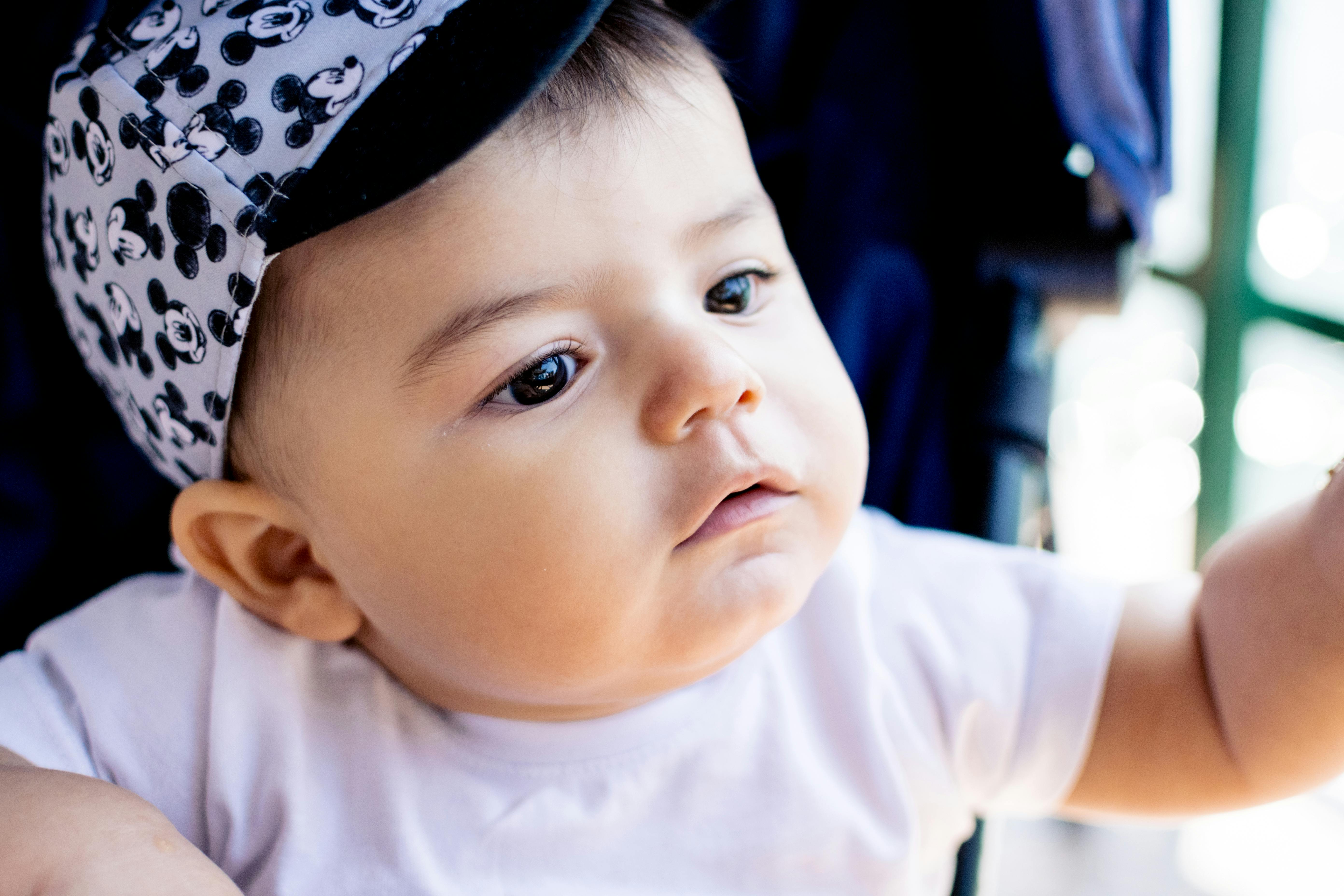
Conclusion
Babies shake their heads for various reasons. It can be due to a sign of distress, a way to express themselves, or simply because they find it amusing. While this behavior can sometimes be concerning to parents, it’s important to remember that shaking their head is normal and often harmless. Understanding the underlying reason behind why your baby is shaking their head is key in ensuring that the behavior doesn’t become a habit. If you’re worried about any of your baby’s behaviors, talk with your pediatrician about what could be causing it and how you can help.
In conclusion, shaking their head is a common behavior in babies and toddlers and usually not something to worry about. The behavior may be voluntary or involuntary, as well as used as a means of communication by babies who are unable to use words yet. Most importantly, parents should observe their children and take note of any changes in the behavior in order to ensure that it isn’t caused by anything serious or out of the ordinary.

